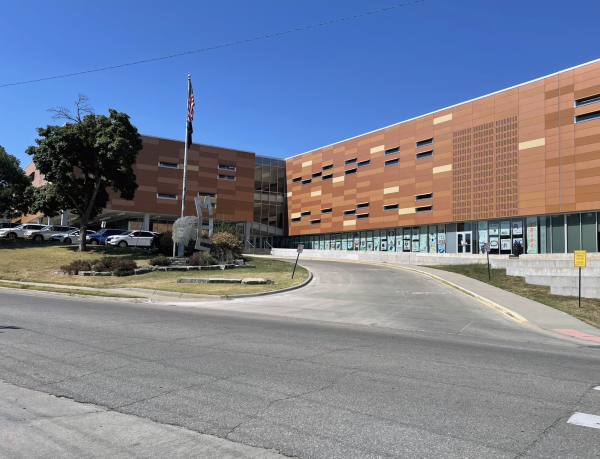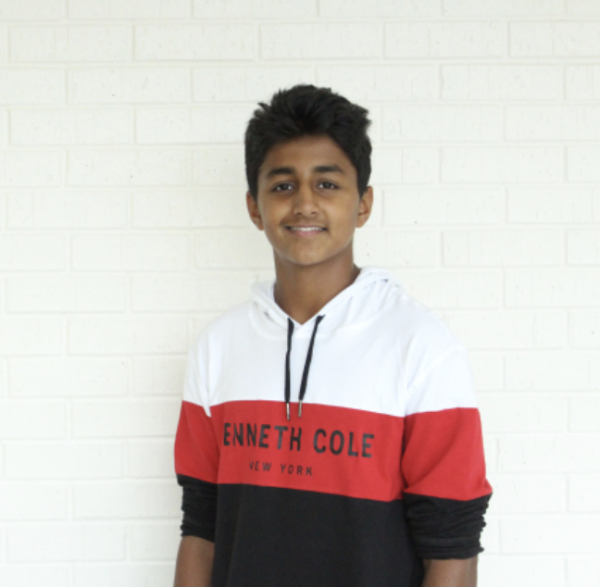Students study effectively
- Location. Location is a key element to studying. It is important for students to find a place where they are able to focus on the material in front of them. For most teenagers, their room is not an ideal spot to study. Due to the mental association with your room, it makes it harder to study because you are typically using the location to sleep or rest. However, some students find a desk in their room to be quiet and private so they can focus their attention on studying more effectively.
- Mindset. The mindset of a student while studying can affect the quality of studying being conducted. If a student has a negative mindset, they are more likely to be focused on other things going on in their life or things they would rather be doing. While it can be hard to be positive about spending an abundance of time writing a paper or reading a textbook, with an optimistic mindset the studying will seem better. Losing a negative attitude will drop the focus from other things they could be doing, and motivate the student to get done. Having a mindset of “If I get this done now, I can do this later,” will also provide motivation to the student.
- Materials. Certain classes require different materials. When studying, it is valuable to have all the materials needed for the class. Practicing and studying with the items you will be using in the class will add to the knowledge you have. While having all the materials is important, having any other materials that will aid to memorization or increasingly effective study sessions should be utilized. For example, highlighters and flashcards can be of great use when studying for tests and exams.
- Management. Time management. Two words that nearly every teenager would shudder at. Managing a schedule to find out when to study is essential to solid study time. If you do not find the time to study in the right location with the right materials, it will not be beneficial in the long run. Schedules can get incredibly hectic at the end of the year, especially with numerous finals and extracurricular activities going on. The use of a planner can be beneficial for this aspect of studying. Using a planner, students can lay out their schedule and find when they have free time. The free time can then be sectioned out to study for certain classes at different times throughout the week in order to be prepared for finals.
- Balance. Along with using a planner and using the minimal free time students have to study, there must be a balance between studying and breaks. Without a solid balance, it can lead to extreme stress and decrease the quality of studying. Each student is different, so it is important to determine the intensity of studying required for each class or each test. Balancing hours of studying with activities can be quite the struggle. However, the balance is vital to success on exams.
- Surroundings. Stemming off of location, how you surround yourself can influence the studying conducted. Some students study best when with groups, so find a group that will focus and conduct similar study sessions as you. Others prefer working alone, so find a quiet spot to study. In addition, listening to music can help or hurt your studying. Studies have found that listening to certain styles of music can help you remember things more. However, other studies have found that listening to music can distract students from their work and avert it to the music.
Study habits are different for everyone and the most effective form of studying varies from person to person. However, these few areas are the key elements that should be considered when preparing to study.






